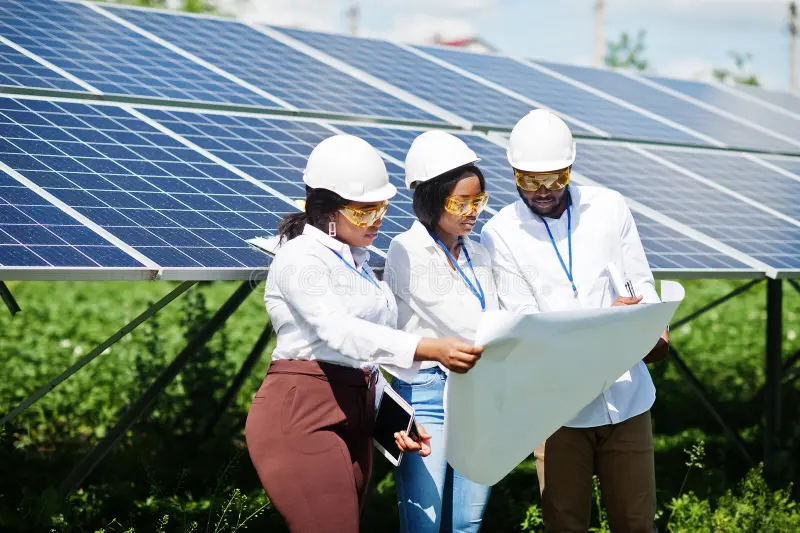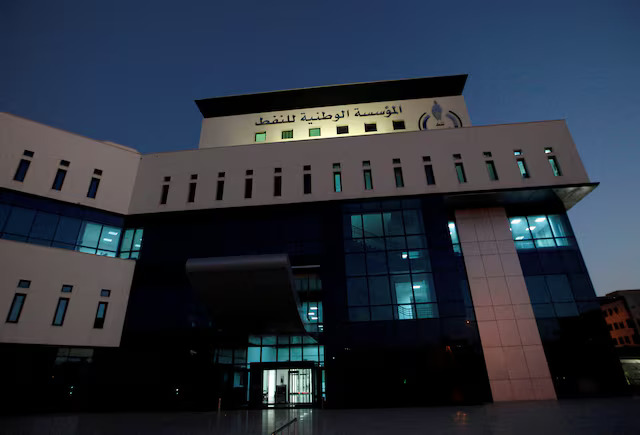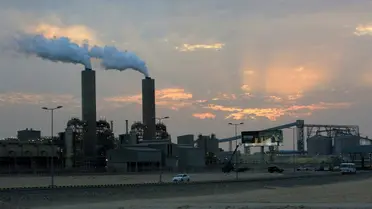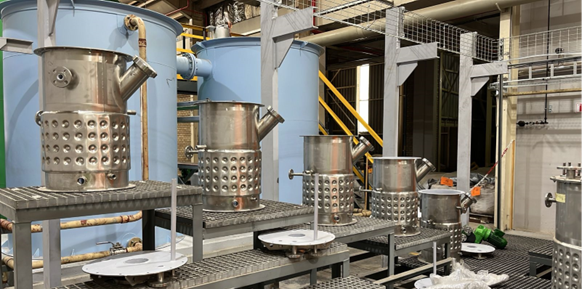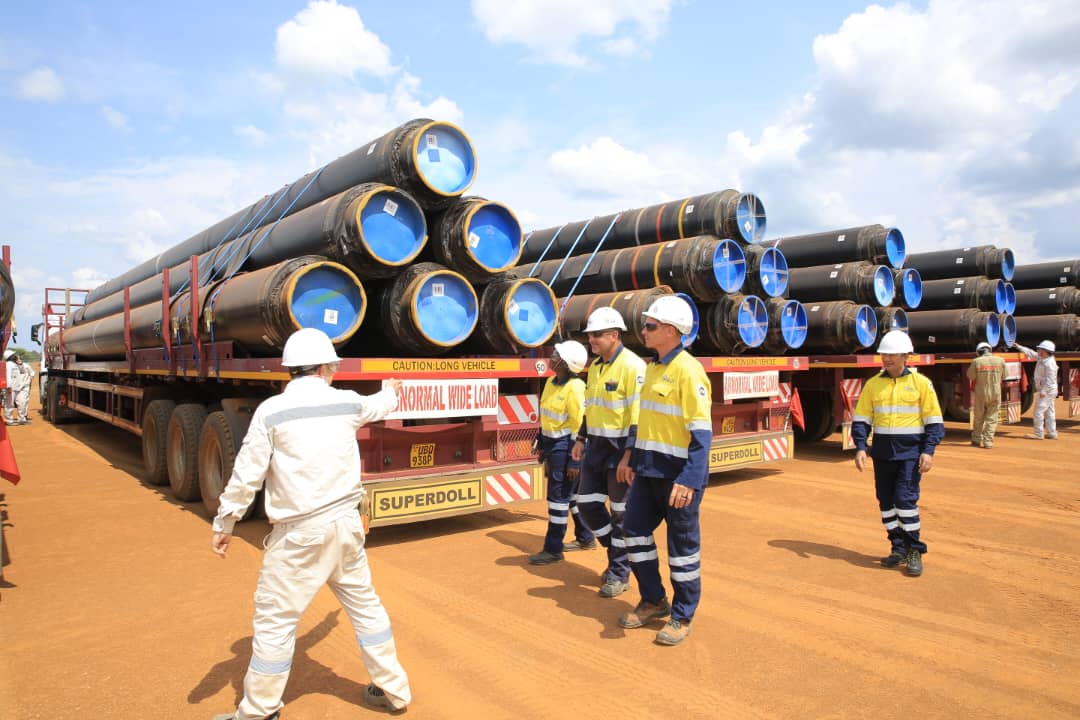Distribution

Tunisia: Gas boom turns up heat on industrial revival
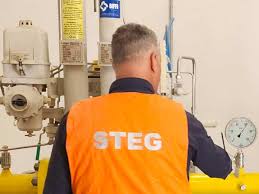
This shift is underpinned by the Natural Gas Transport and Distribution Network Development Project in Western Tunisia, implemented by the Société Tunisienne de l’Électricité et du Gaz (STEG), with €49.39 million (around $57m) in financing from the African Development Bank (AfDB).
“In the industrial zones of northwestern Tunisia, a quiet revolution is transforming how businesses operate and how communities live. Where heavy fuel oil once dominated the energy landscape, natural gas now flows through newly constructed pipelines, bringing cleaner air and economic opportunity to a region that has long waited for such progress,” said the AfDB.
Transformational impact of natural gas on businesses, homes in Tunisia
The Bank said the contrast is striking at facilities like SICAM, an agri-food company specialising in canned tomatoes.
“Not long ago, the plant ran on heavy fuel oil. Thick black smoke choked the surrounding neighbourhoods, machinery clogged up quickly, and starting the boilers was time-consuming. Today, thanks to natural gas, everything has changed.”
Kamel Trabelsi, SICAM Deputy Director-General, said with gas, the company has eliminated pollution, reduced production costs and increased its efficiency.
“We save up to 500,000 Tunisian dinars [around $172,000] per season,” he said.
The AfDB said the project is designed to improve access to cleaner, more affordable and more reliable energy in a historically underserved region.
The STEG project has already achieved two major natural gas activations: in February 2025 in Béja Sud and in June 2025 in Mjez Elbeb. These rollouts connected more than 1,250 households to the natural gas network.
Eventually, the infrastructure is set to serve 13,500 subscribers across 19 municipalities in Tunisia’s Northwest, including 2,500 additional connections by the end of this year.
“This project is truly improving people’s lives. It not only heats homes, but also boosts local economic activity,” said Mohamed Riadh Hellal, Lead Department Head at STEG and the project’s coordinator.
Businesses are also benefitting from the switch to natural gas – with positive impacts on performance, production costs and environmental sustainability.
“Thanks to natural gas, our boilers now reach 95% capacity in record time. Efficiency is up, maintenance is easier, and pollution has dropped significantly,” said Trabelsi.
SICAM, connected to the grid in October 2024, now uses around 17,000 m³ of natural gas per production cycle.
Industrialisation forges ahead on back of natural gas project
Mehdi Khoali, AfDB Chief Operations Officer, said one of the project’s most transformative outcomes is the gradual industrialisation of the serviced zones.
“Around ten new industrial units – including brickyards and cement plants – have been established thanks to the gas supply. Others have expanded their operations. This is helping create jobs and strengthen regional economic resilience,” said Khoali.
By accelerating the energy transition, fuelling industrialisation, and improving living standards in western Tunisia, the STEG project aligns seamlessly with Tunisia’s national priorities for inclusion, green growth and balanced regional development, said the Bank.
Economic progress in Tunisia
Meanwhile, the AfDB this week presented its 2025 Country Focus Report for Tunisia – Unlocking Tunisia’s Capital for Sustainable Development.
The report highlights key levers for fostering more inclusive, resilient and sustainable growth through better mobilisation of the country’s human, financial and natural capital.
The report notes improved economic performance in 2024, with GDP growth reaching 1.4% compared to 0.4% in 2023. This progress was supported by a rebound in agriculture, renewed industrial activity and resilience in the services sector.
The report also highlights strides in macroeconomic stabilisation, with inflation held at 7% and the fiscal deficit reduced to 6.1% of GDP, driven mainly by increased tax revenues.



